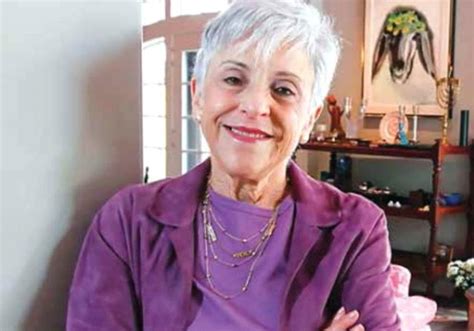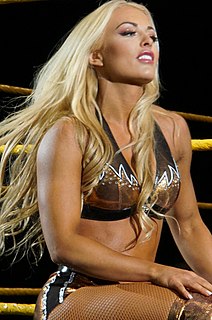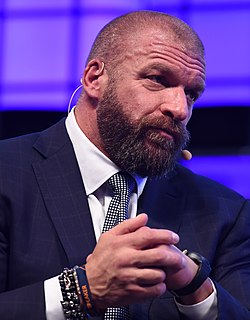A Quote by Martin Luther King III
It's clear to me that millions of young people understand and value my father's legacy of social change through nonviolence.
Quote Topics
Related Quotes
I do not even hate the Talib who shot me. Even if there was a gun in my hand and he was standing in front of me, I would not shoot him. This is the compassion I have learned from Mohammed, the prophet of mercy, Jesus Christ and Lord Buddha. This the legacy of change I have inherited from Martin Luther King, Nelson Mandela and Mohammed Ali Jinnah.
This is the philosophy of nonviolence that I have learned from Gandhi, Bacha Khan and Mother Teresa. And this is the forgiveness that I have learned from my father and from my mother. This is what my soul is telling me: be peaceful and love everyone.
He touched the screen as if trying to reach through with his hand. "You're a wonderful young lady. I don't tell you that often enough. You remind me so much of your mother. She'd be proud. And Grandpa Tom" --he chuckled-- "he always said you'd be the most powerful voice in our family. You're going to outshine me some day, you know. They're going to remember me as Piper McLean's father, and that's the best legacy I can imagine.
The very word "change" has changed. When I was young--and not just because I was young--we looked forward with confident impatience to change. Planned, controlled, beneficent change would continue to clear slums, sweep up the remains of empire, raise living and educational standards, tidy away--firmly but kindly--the last aboriginals who still raved about martial glory or the pride of wealth. Now, as it seems to me, change is set almost exclusively in the minor key, change seen overwhelmingly as loss.
I am trying to get folks outside the hip-hop culture to understand why, despite the negatives, young people find hope and refuge in hip-hop. I'm hoping that young people immersed in the culture will work harder to capitalize on the possibilities for great social change that hip-hop represents as a national unified cultural youth movement.



































